Grammar practice Grammar Worksheets for Ages 3-6
8 filtered results
-
From - To
Introducing our "Grammar Practice Grammar Worksheets for Ages 3-6" – a fantastic resource tailored for early learners to build a strong grammatical foundation. These expertly crafted worksheets focus on essential grammar skills, featuring age-appropriate activities that engage young minds in fun and interactive ways. Each worksheet breaks down complex concepts into simple, easy-to-understand tasks, fostering confidence and comprehension in early writing. Perfect for parents, teachers, or homeschoolers, our worksheets support consistent practice, ensuring kids develop solid grammar habits. Set your child on the path to successful communication and literacy with our comprehensive grammar practice worksheets.
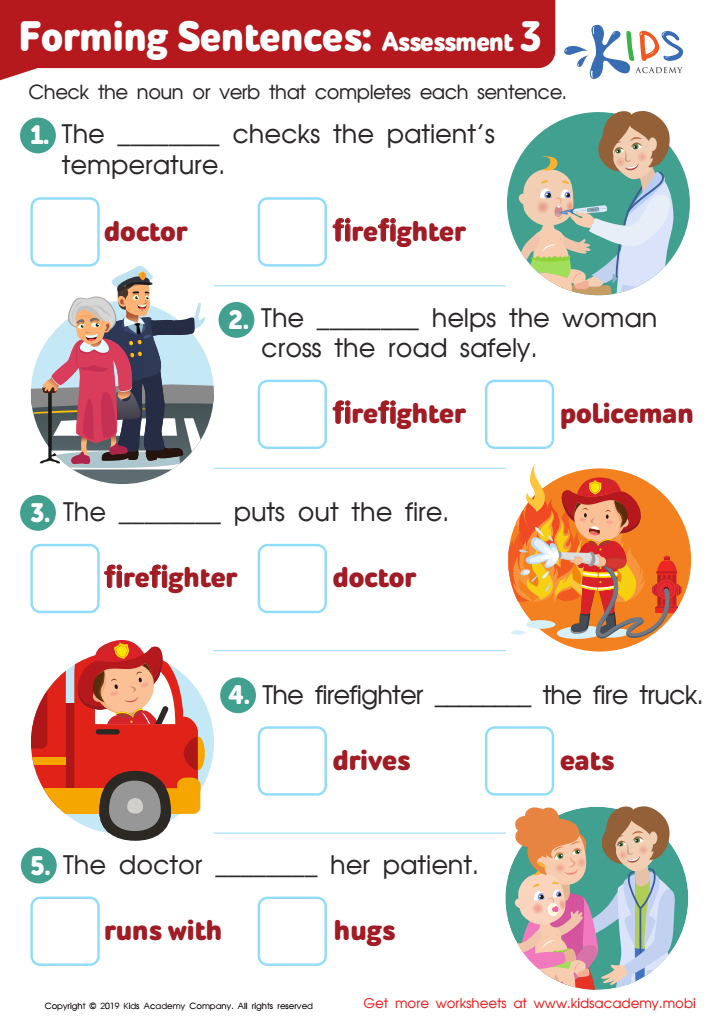

Forming Sentences: Assessment 3 Worksheet
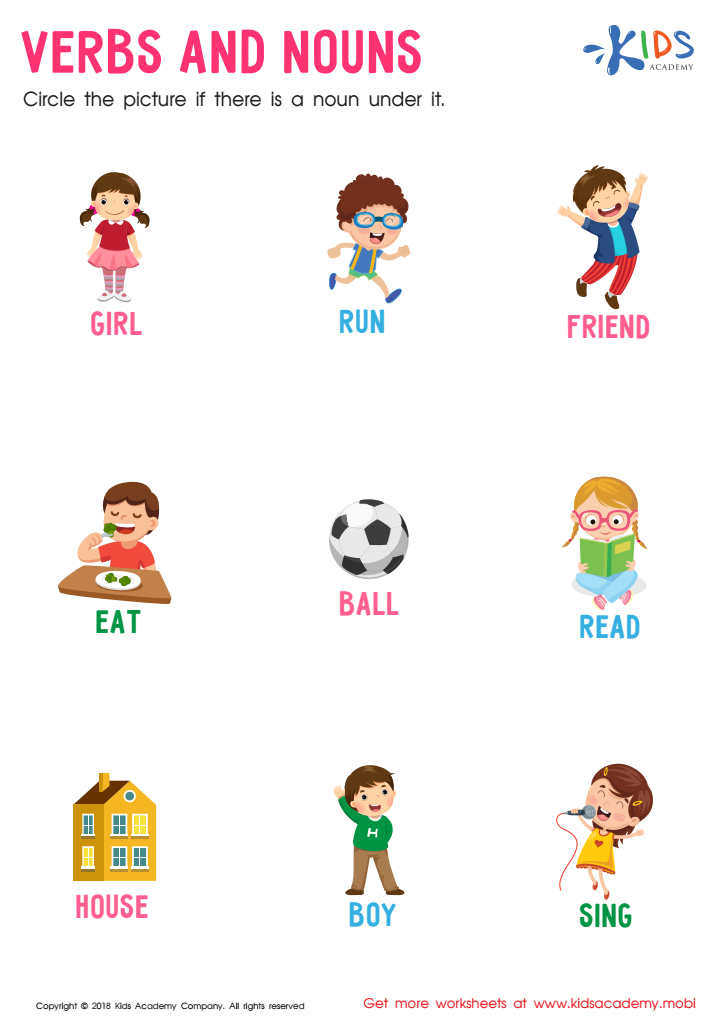

Verbs and Nouns Worksheet
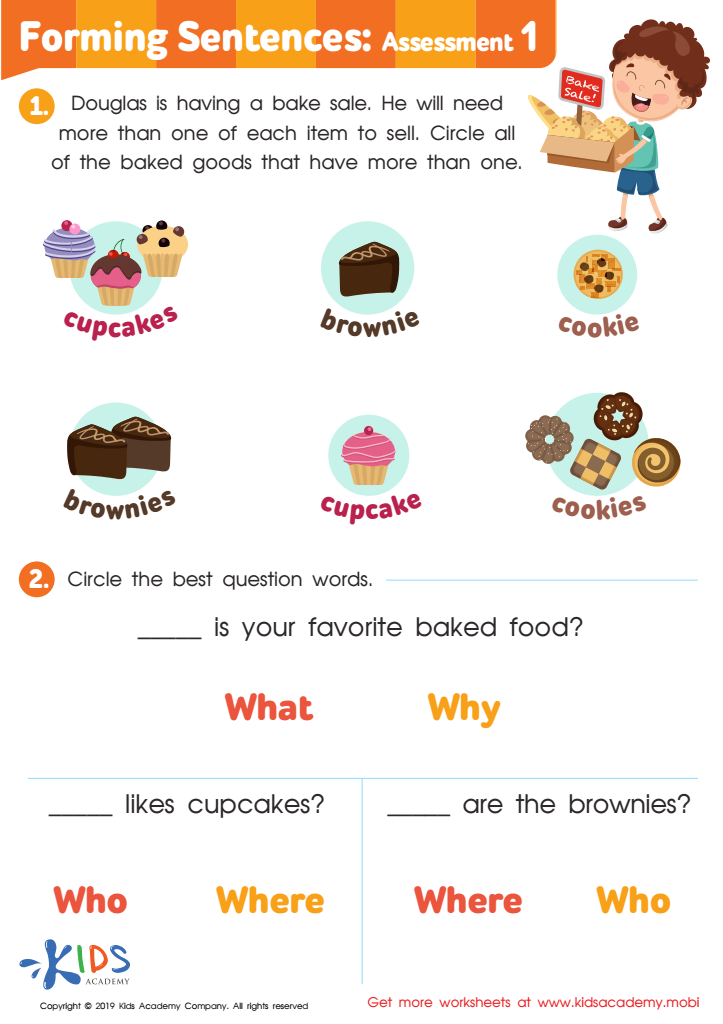

Forming Sentences: Assessment 1 Worksheet
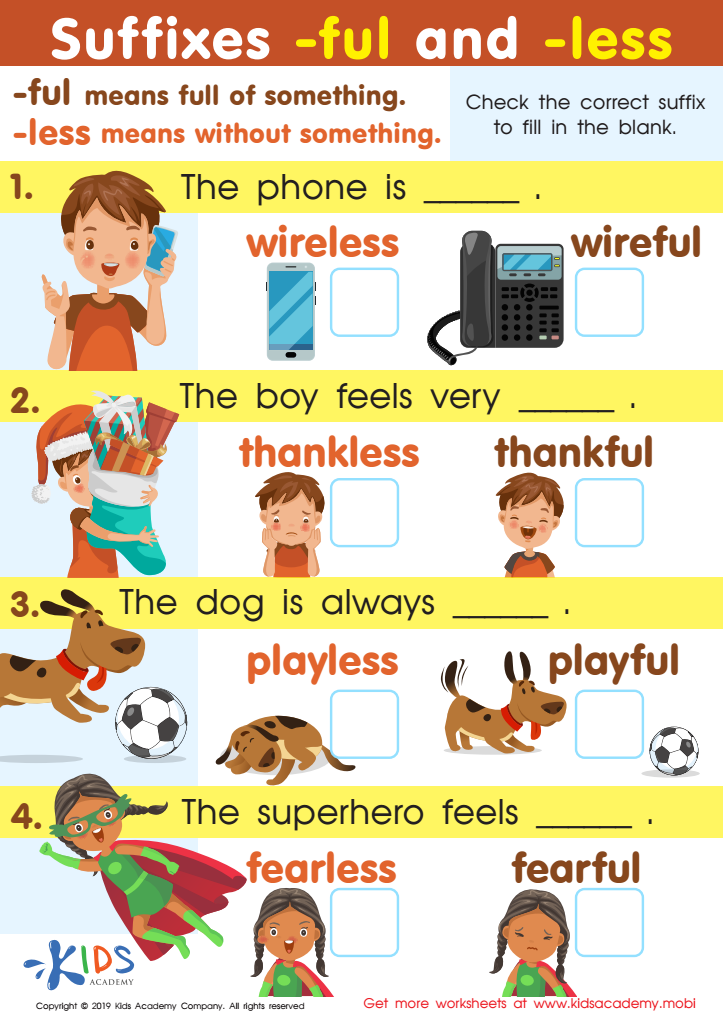

Suffixes –ful and –less Worksheet
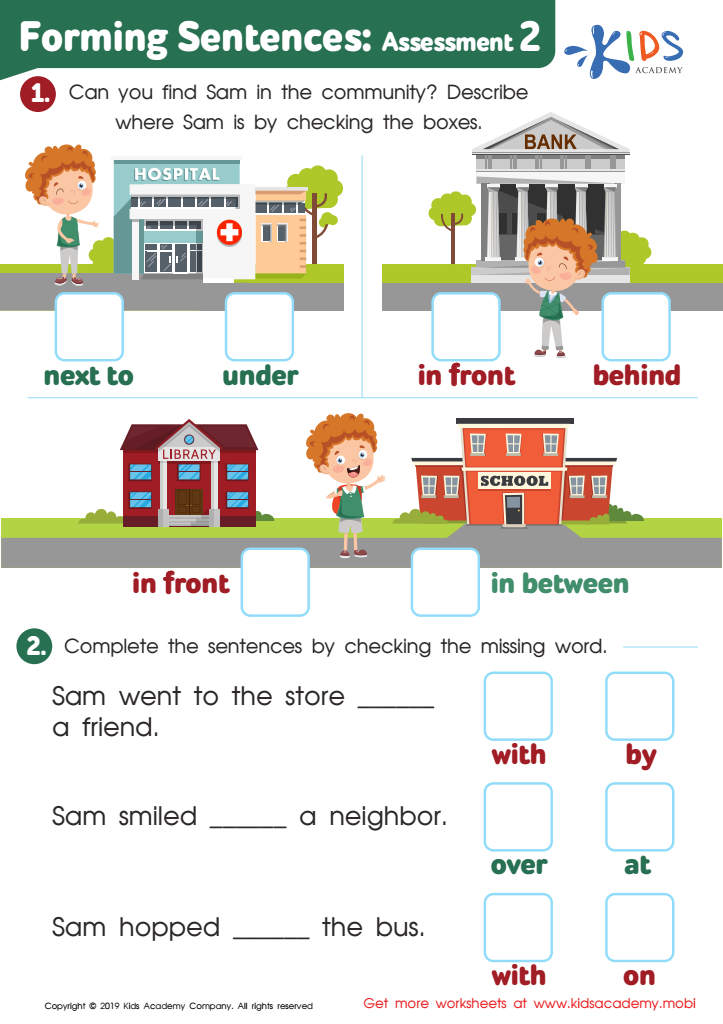

Forming Sentences: Assessment 2 Worksheet
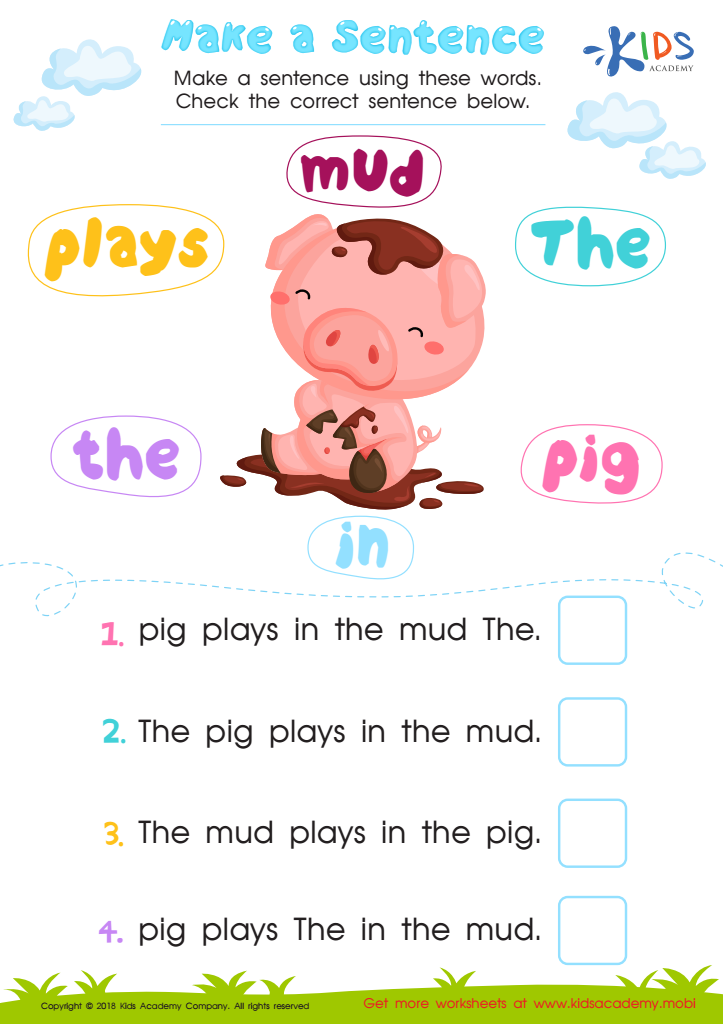

Assessment: Make a Sentence Worksheet
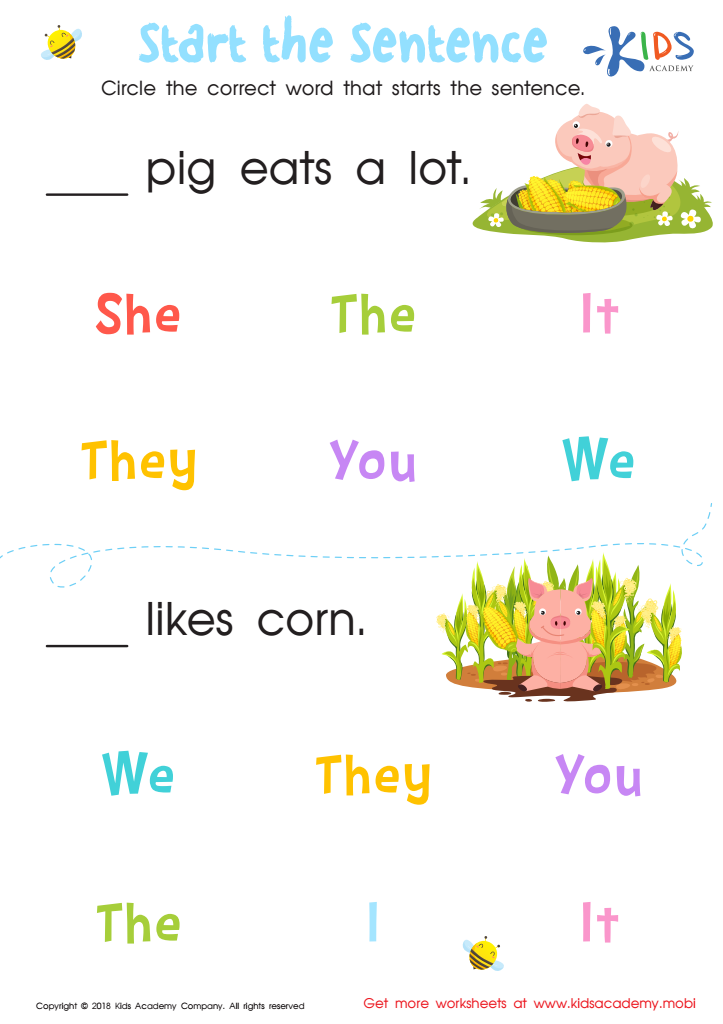

Start the Sentence Worksheet
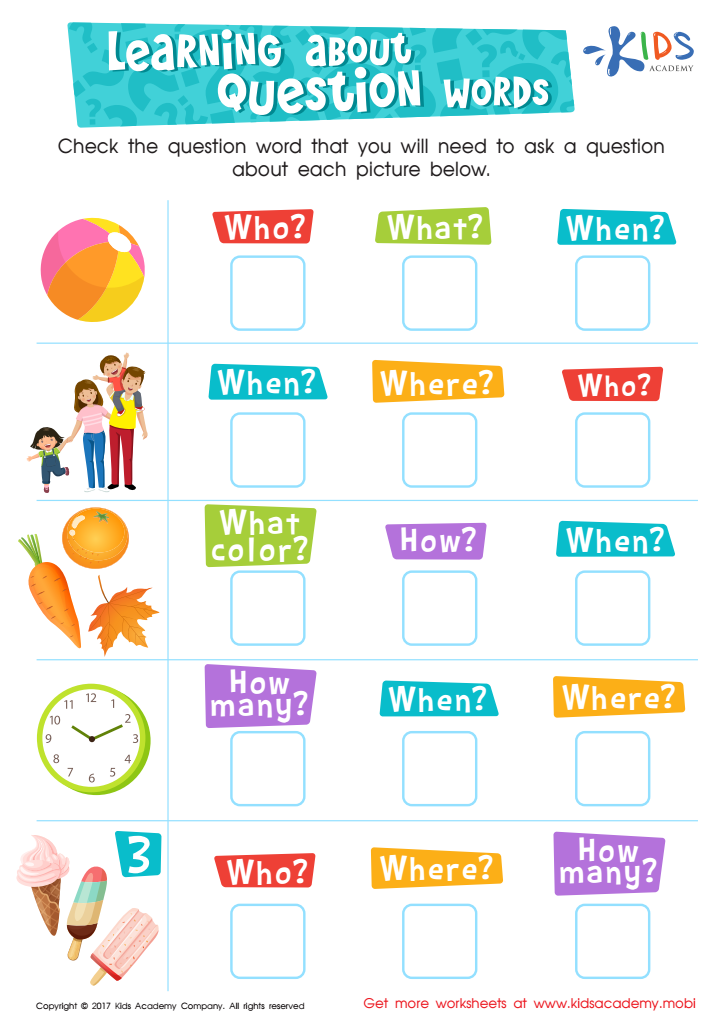

Learning about Question Words Worksheet
Children aged 3 to 6 are in a critical stage of language development. During these early years, they rapidly absorb new information and develop foundational skills that underpin future learning. Grammar practice plays a key role in this process for several reasons.
Firstly, understanding grammar helps children develop clear and effective communication skills, allowing them to express their thoughts and needs accurately, and understand the world around them. Good grammar supports better comprehension when listening to stories or instructions, which enhances learning across all subjects.
Secondly, early grammar skills contribute to future academic success. As children progress through school, strong grammatical foundations facilitate easier and more confident reading and writing. This early preparation fosters a love for learning and increases their likelihood of succeeding academically.
Thirdly, practicing grammar boosts cognitive skills. Identifying patterns, categorizing words, and understanding word function develop critical thinking and problem-solving abilities. It’s an intellectually enriching activity that encourages mental growth.
Finally, grammar practice fosters social development. Clear communication and language skills improve children’s interactions with peers and adults, helping them build relationships and navigate social environments more effectively.
By focusing on grammar practice for children aged 3-6, parents and teachers can support holistic development, laying the groundwork for future academic and social success.
 Assign to My Students
Assign to My Students
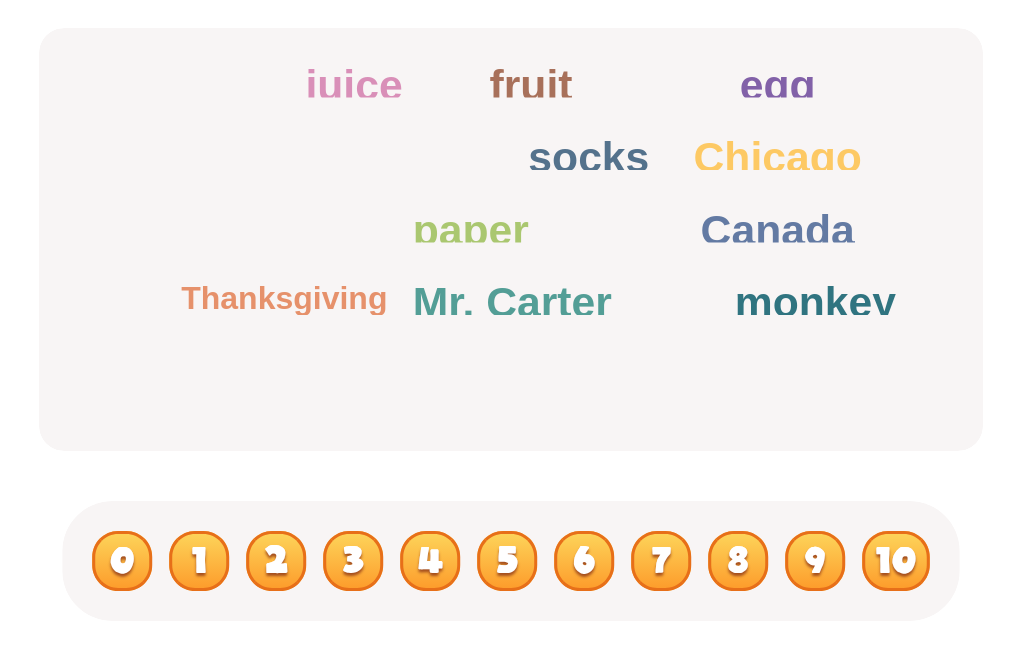
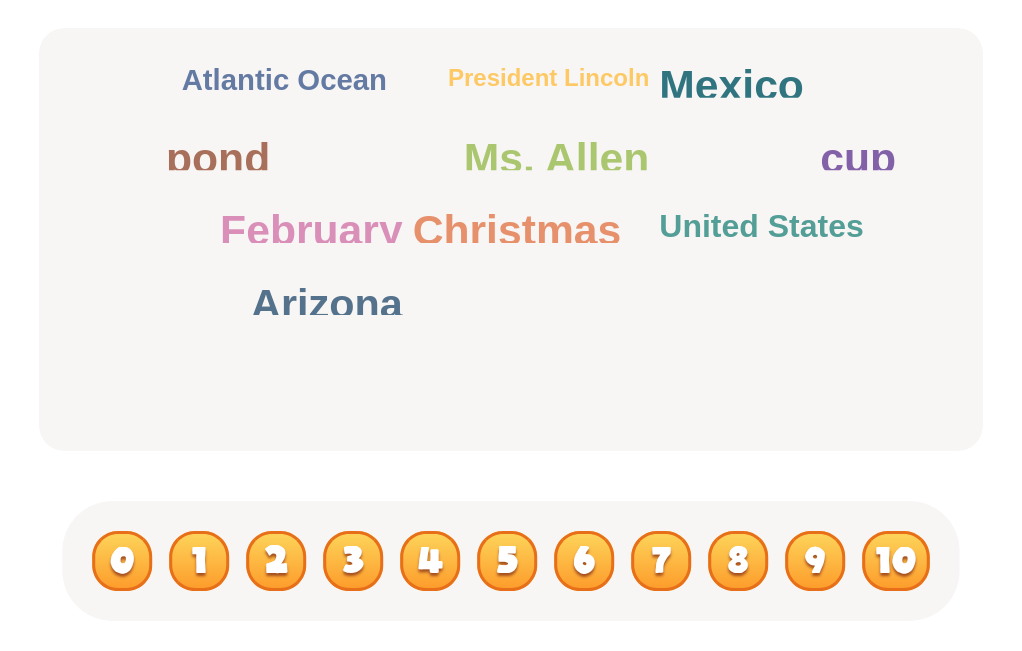
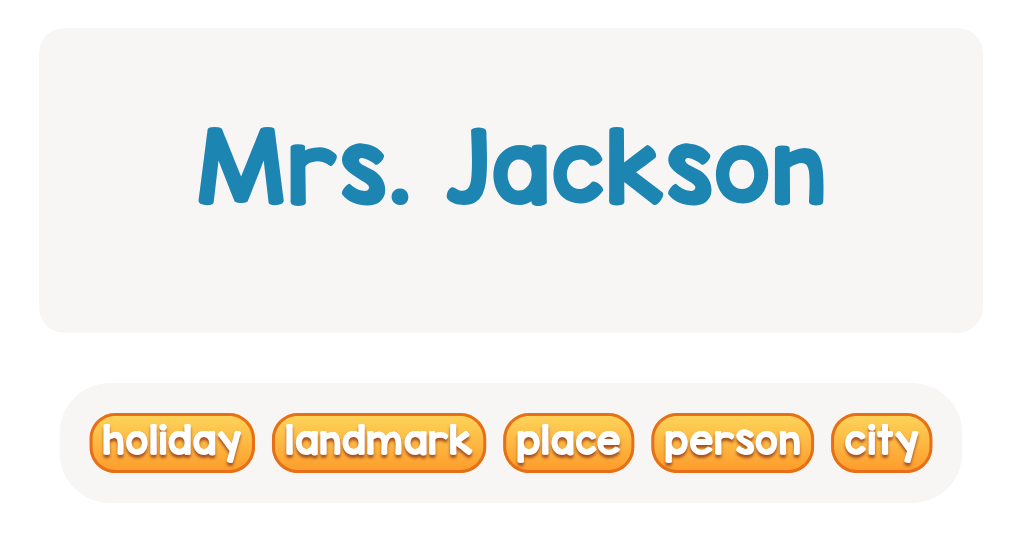
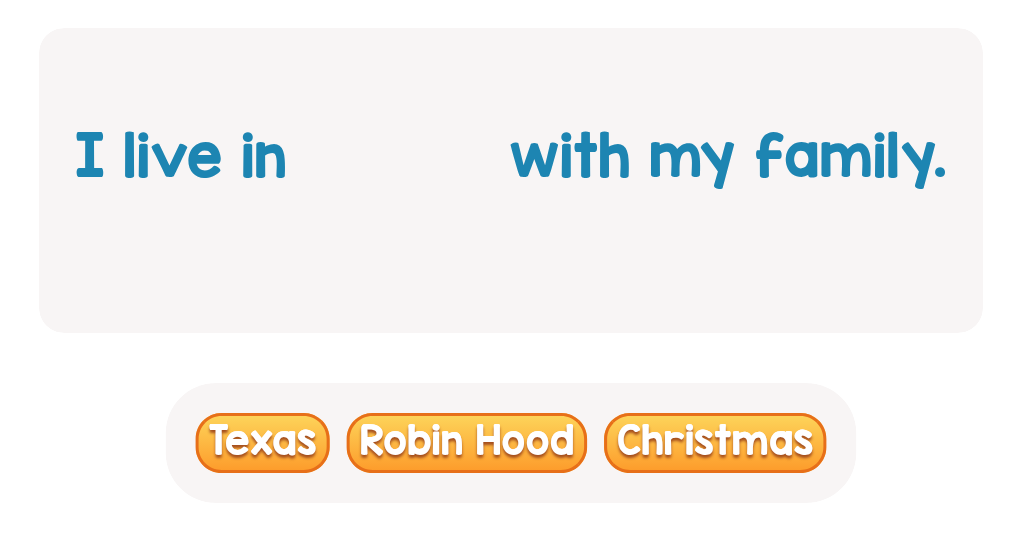

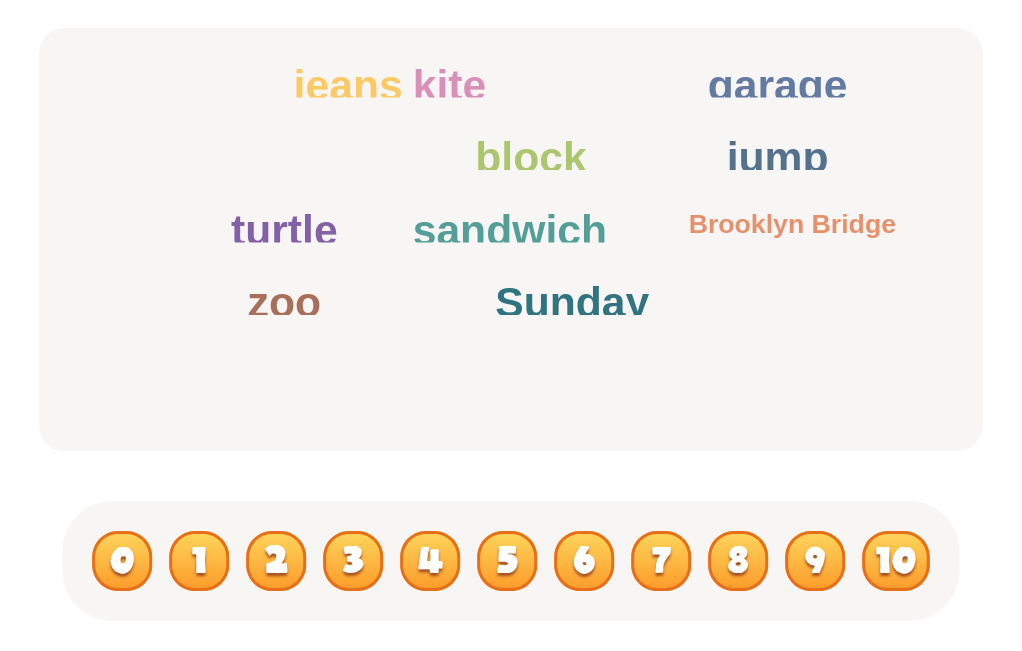
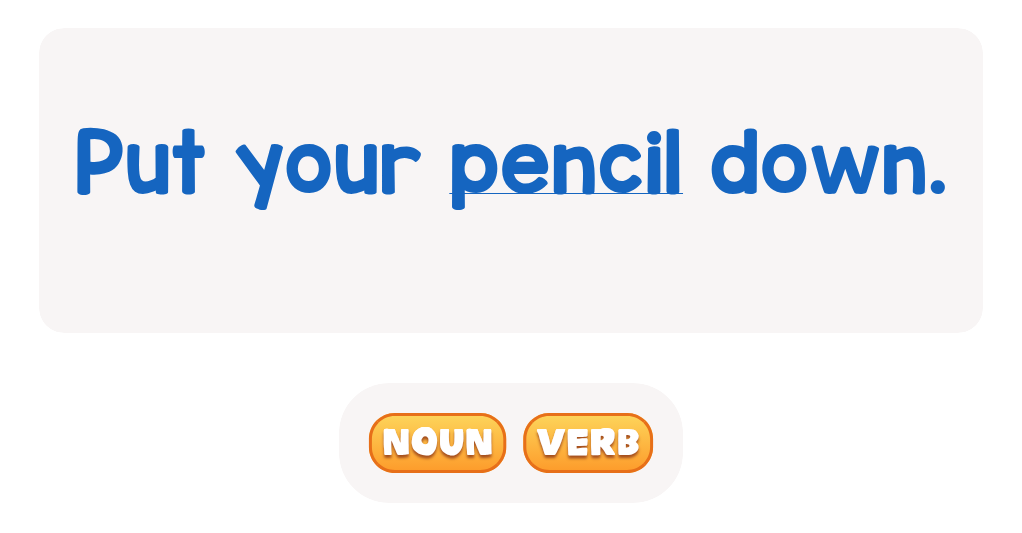
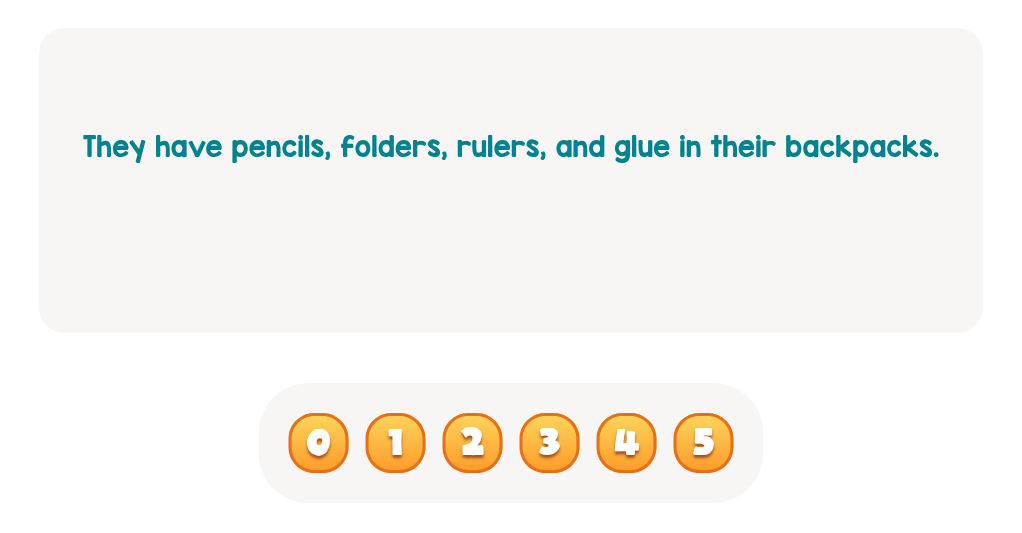
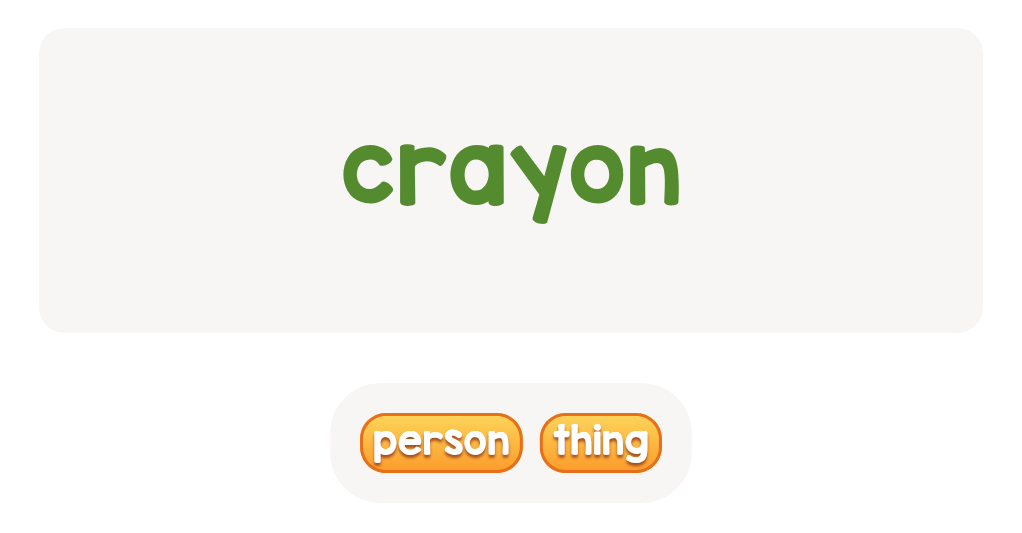
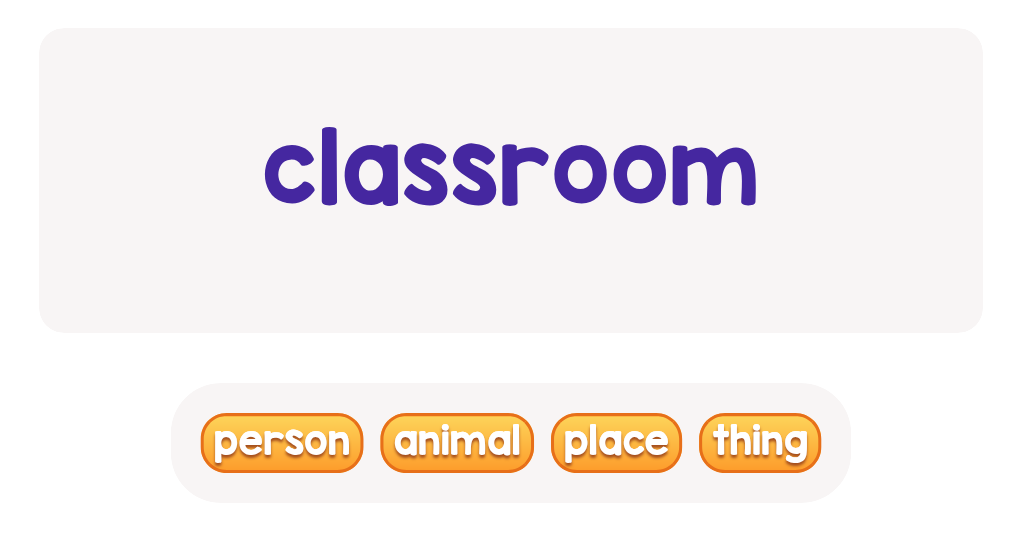




.jpg)











